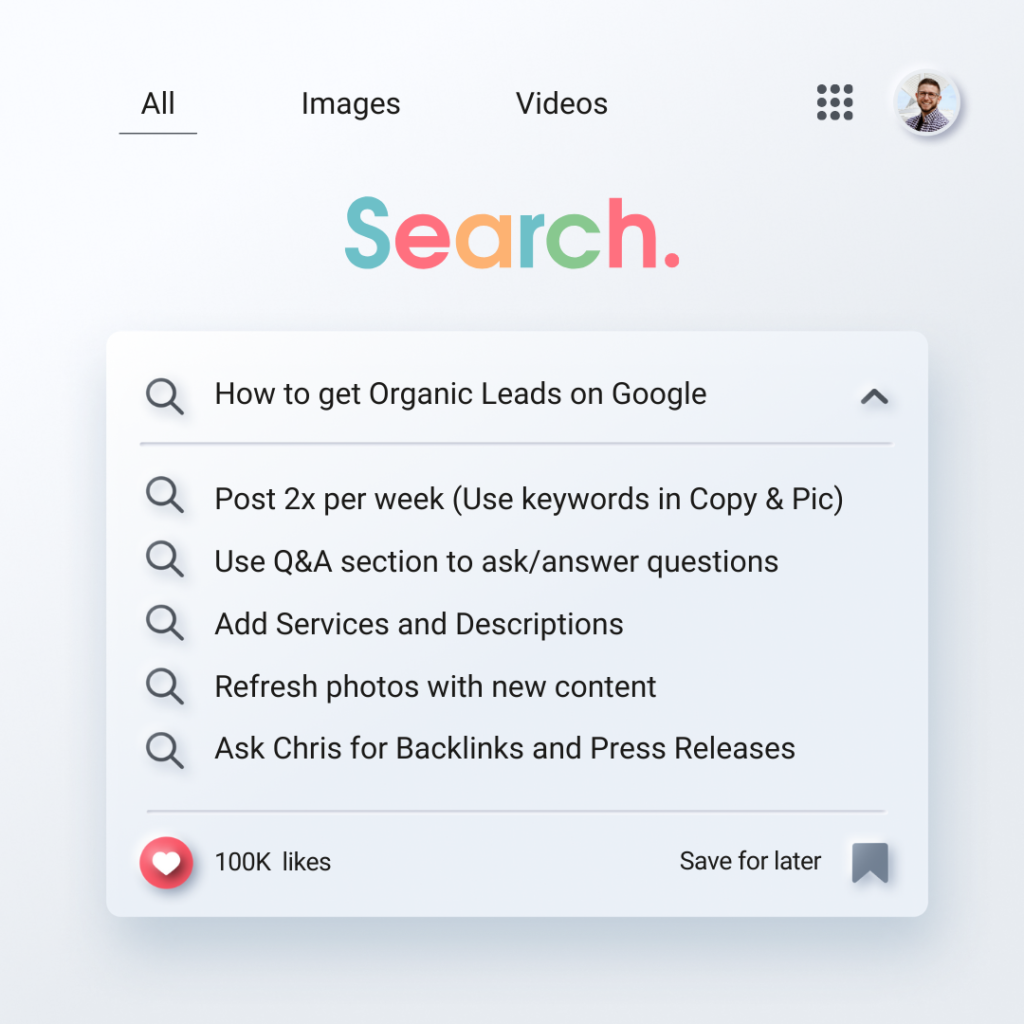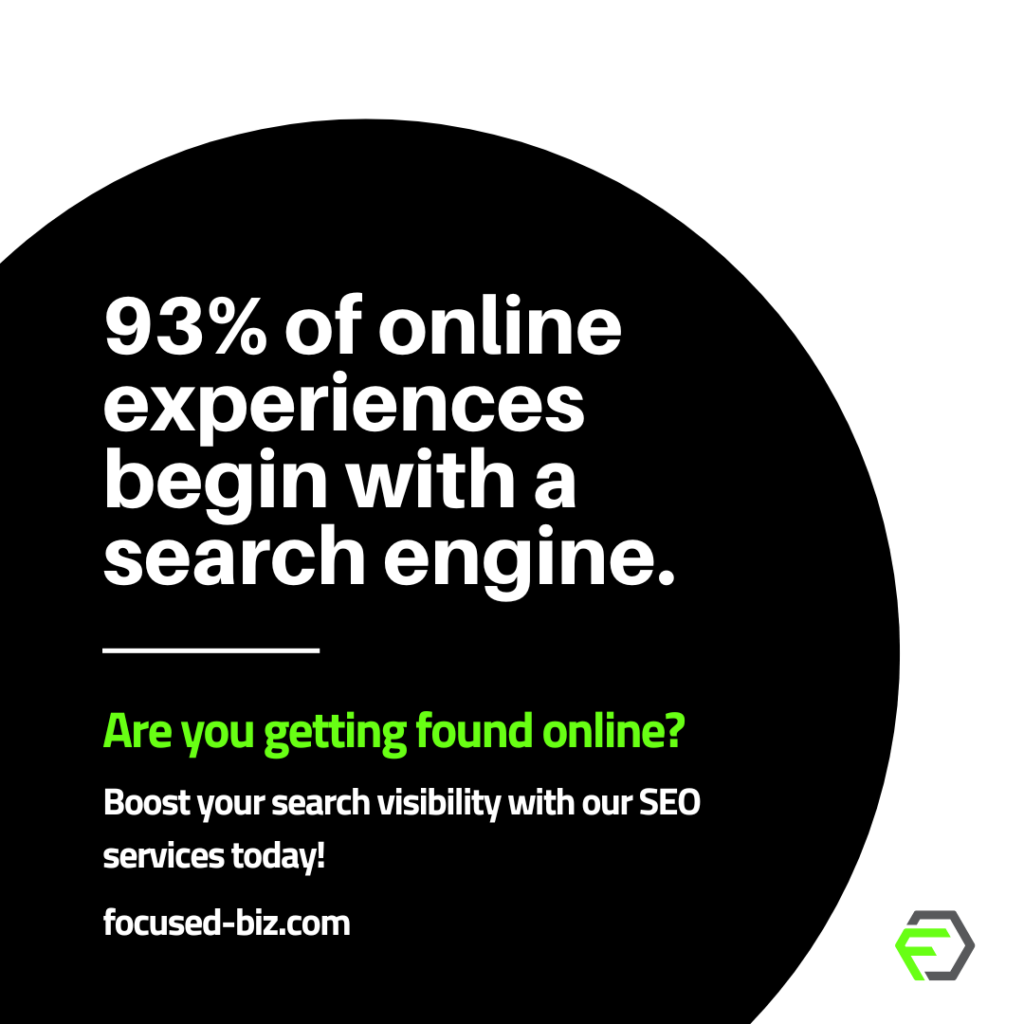Understanding the Fundamentals of Local SEO
Understanding the Importance of Local SEO
Local SEO is an essential aspect of any successful digital marketing strategy, especially for businesses targeting a specific geographic area. It focuses on optimizing a website’s visibility in search engine results pages (SERPs) when users search for local products or services. Using the right keywords and content for SEO can take a bit of research, but that’s why you’re here!
By implementing effective local SEO techniques, businesses can increase their online presence and attract more relevant traffic to their websites.
One of the key reasons why local SEO is crucial is that it helps businesses capture the attention of their target audience at the right time and place. When users search for a product or service near their location, they are typically ready to make a purchase or visit a physical store. By appearing prominently in local search results, businesses can connect with these potential customers and drive more foot traffic to their brick-and-mortar establishments.
Key Components of Local SEO
To succeed in local SEO, it is important to understand its key components. These components include:
1. Local Keyword Research: Identifying and targeting relevant local keywords is vital for local SEO success. Businesses should research and use keywords that are specific to their geographic area and industry. This could include location-based terms like city names, neighborhoods, or even landmarks that are associated with the business.
2. Google My Business: Creating and optimizing a Google My Business (GMB) listing is essential for local SEO. GMB is a free tool provided by Google that allows businesses to manage their online presence across various Google platforms, including Google Search and Google Maps. It is important to ensure that the GMB listing is complete, accurate, and regularly updated with relevant information, such as business hours, contact details, and customer reviews.
3. Online Reviews and Ratings: Customer reviews and ratings play a significant role in local SEO. Positive reviews and high ratings not only enhance a business’s reputation but also improve its visibility in local search results. Encouraging satisfied customers to leave reviews and responding to feedback, both positive and negative, can help establish trust and credibility with potential customers.
Optimizing Website for Local SEO
In addition to the aforementioned components, optimizing a website for local SEO is crucial for improved visibility in local search results. Here are some key strategies to consider:
1. Location-specific Landing Pages: Creating dedicated landing pages for different locations or service areas can help businesses rank higher in local searches. These pages should include relevant location-based keywords, contact information, and localized content that aligns with the target audience in each specific area.
2. NAP Consistency: NAP stands for Name, Address, and Phone Number. Ensuring the consistency of this information across all online platforms, including the website, GMB listing, social media profiles, and directories, is essential. Consistent NAP information builds trust with search engines and helps them understand the business’s legitimacy and relevance to local searches.
3. Mobile Optimization: With the increasing use of mobile devices for local searches, optimizing the website for mobile responsiveness and speed is crucial. Mobile-friendly websites not only provide a better user experience but also enjoy a higher chance of appearing in local search results.
By understanding and implementing these fundamental aspects of local SEO, businesses can significantly enhance their online presence and attract more local customers. However, it is important to remember that local SEO requires ongoing effort and monitoring to stay ahead of competition and adapt to evolving local search trends.

Optimizing Google My Business for Local Rankings
1. Claim and Verify Your Google My Business Listing
One of the first steps to optimizing your local rankings on Google is to claim and verify your Google My Business (GMB) listing. This allows you to provide accurate and up-to-date information about your business, such as your address, phone number, website, and business hours. It also helps Google understand the location and relevance of your business when users search for local services.
To claim your GMB listing, visit the Google My Business website and follow the instructions to create a new listing or claim an existing one. Once you have claimed your listing, Google will send you a verification code by mail or phone. Be sure to enter this code to complete the verification process.
2. Optimize Your Business Information
Next, it’s important to optimize your business information on your GMB profile. Make sure to provide accurate and detailed information about your business, including your business name, address, phone number, website URL, and business category. Take the time to write a compelling business description that includes relevant keywords and highlights the unique aspects of your products or services.
In addition to your main business information, you can also add supplementary details such as photos, videos, and customer reviews. These visuals and reviews can enhance your listing and make it more attractive to potential customers. Encourage your satisfied customers to leave reviews on your GMB profile, as positive reviews can improve your local rankings.
3. Utilize Google My Business Features
Google My Business offers various features that can help boost your local rankings. Take advantage of these features to optimize your GMB profile and increase your visibility in local search results. Here are some features to consider:
- Google Posts: Use Google Posts to share updates, promotions, events, or new products/services directly on your GMB profile, giving potential customers more reasons to choose your business.
- Q&A: Engage with your audience by actively responding to questions and providing helpful answers about your business in the Q&A section of your GMB profile.
- Booking/Reservations: If applicable, enable the booking or reservation feature on your GMB profile to make it easier for customers to schedule appointments or make reservations.
- Attributes: Choose relevant attributes that accurately describe your business, such as “wheelchair accessible” or “free Wi-Fi.” These attributes can help potential customers filter their search results to find businesses that meet their specific needs.
- Messaging: Enable messaging on your GMB profile to allow customers to communicate with you directly. This feature can be a convenient way for customers to ask questions or inquire about your products or services.
By utilizing these features, you can enhance your GMB profile and improve your chances of ranking higher in local search results, thereby increasing your visibility and attracting more local customers.
Leveraging Local Keywords and Content
Optimize Your Website with Local Keywords
To enhance your local SEO performance, it is crucial to optimize your website with relevant local keywords. Conduct thorough research to identify the most effective local keywords that align with your business and target audience. These keywords should be integrated naturally into your website’s content, including page titles, headings, meta descriptions, and throughout the body text. By doing so, search engines will recognize the relevance of your website to local search queries, increasing your chances of appearing in relevant search results.
Create Engaging Local Content
Developing engaging local content is an effective strategy to attract local customers and boost your local SEO efforts. Tailor your content to address the needs, interests, and concerns of your local audience. This can include creating blog posts, articles, or guides that highlight local events, news, or attractions related to your niche. Additionally, consider featuring customer testimonials or success stories from satisfied local customers. By creating unique and valuable local content, you can establish your business as a trusted authority in your local area and increase your visibility in local search results.
Showcase Your Local Expertise
Another way to leverage local keywords and content is by showcasing your local expertise. Highlighting your knowledge and understanding of the local area can build credibility and trust with both search engines and potential customers. You can achieve this by including localized information on your website, such as local landmarks, popular destinations, or commonly searched local terms. Furthermore, consider creating location-specific landing pages or directories that provide detailed information about your products or services in relation to each local area you serve. This approach demonstrates your commitment to serving the specific needs of your local audience while improving your visibility in local search results.

Building Citations and Local Backlinks
Exploring Citations
Citations play a crucial role in boosting your local SEO performance. A citation is an online mention of your business’s name, address, and phone number (NAP) on various websites, directories, and social platforms. It helps search engines understand and verify the consistency and legitimacy of your business information. Building citations across reputable and relevant websites can significantly improve your online visibility and search engine rankings.
To start building citations, ensure that your business information is consistent and accurate across all platforms. Inaccurate or inconsistent NAP details can confuse search engines and hinder your local SEO efforts. Update your Google My Business listing and other directory listings with your correct NAP information.
Next, focus on submitting your business to reputable local directories. These directories, such as Yelp, Yellow Pages, and TripAdvisor, provide valuable backlinks and citations that can improve your local search rankings. Look for industry-specific directories and submit your business to them as well.
In addition to directories, consider reaching out to other local businesses and organizations for opportunities to be listed on their websites as well. Local partnerships and collaborations can generate valuable citations and backlinks, helping to establish your business as a reputable local entity. Remember to choose relevant and authoritative websites that align with your business niche and target audience.
Securing Local Backlinks
Backlinks from local websites are another essential factor in improving your local SEO performance. They signal to search engines that other businesses and websites in your area vouch for the quality and relevance of your content or services. However, gaining local backlinks requires a proactive approach.
Start by conducting research to identify local websites that might be interested in featuring or linking to your business. Look for local blogs, news sites, community organizations, and chambers of commerce that cater to your target audience. Reach out to them and pitch relevant content ideas or collaborations that can benefit both parties.
Guest blogging is an effective way to secure local backlinks. Offer to contribute high-quality, informative guest posts to local blogs or news outlets that accept contributions. In return, you can ask for a backlink to your website within the author bio or content of the article. This not only helps in gaining exposure to a local audience but also boosts your website’s authority in the eyes of search engines.
Building relationships with local influencers and bloggers can also lead to valuable backlink opportunities. Engage with them on social media, share their content, and offer assistance when relevant. Over time, they may naturally include links to your website or mention your business in their content, providing valuable local backlinks.
Remember, the key to securing local backlinks is to provide exceptional value to the local community. By consistently producing high-quality content, offering useful resources, and actively engaging with local websites and businesses, you can establish yourself as a trusted and valuable contributor, leading to more local backlink opportunities.

Monitoring and Measuring Local SEO Success
Tracking Keyword Rankings
One of the key aspects of monitoring and measuring local SEO success is tracking keyword rankings. By keeping an eye on how your website is performing in search engine results for specific keywords, you can gauge the effectiveness of your optimization efforts. There are various tools available that can help you track keyword rankings, such as Google Analytics, Moz, or SEMrush. These tools provide valuable insights into how your website is ranking and allow you to make informed decisions on which keywords to prioritize for further improvement.
Website Traffic Analysis
Analyzing your website’s traffic is another crucial step in monitoring local SEO success. By examining the data provided by tools like Google Analytics, you can gain valuable insights into the number of visitors your website attracts, the sources of traffic (such as organic search, social media, or referrals), and how long visitors stay on your site. This information can help you identify areas for improvement, such as optimizing landing pages, improving website navigation, or enhancing content relevance to increase user engagement and ultimately drive conversions.
Online Reviews and Ratings Management
Managing your online reviews and ratings is an integral part of monitoring and measuring local SEO success. Positive reviews and high ratings play a significant role in attracting potential customers, while negative feedback can deter them. Regularly monitoring and responding to reviews across various platforms, such as Google My Business, Yelp, or industry-specific review sites, allows you to address customer concerns, build trust, and improve your overall online reputation. Additionally, actively encouraging satisfied customers to leave reviews can help boost your visibility and credibility in local search results.
By diligently tracking keyword rankings, analyzing website traffic, and managing online reviews and ratings, you can effectively measure the success of your local SEO efforts. These metrics provide valuable insights into the visibility, traffic, and reputation of your business online, allowing you to make informed decisions and continually enhance your local SEO performance.

